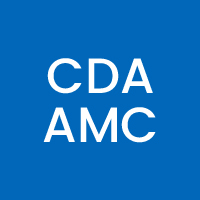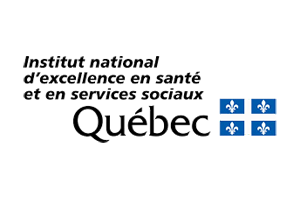Executive Summary:
- Comprehensive exploration of data linkage methodologies
- Critical analysis of current challenges and innovative solutions
- Strategic recommendations for healthcare researchers and policymakers
- Introduction
Data linkage represents a transformative approach in healthcare research, enabling comprehensive insights by connecting disparate information sources. As healthcare systems generate increasingly complex datasets, sophisticated linkage techniques become essential for extracting meaningful, actionable intelligence.
Key Objectives:
- Examine current data linkage methodologies
- Identify technological and governance challenges
- Propose innovative strategies for effective implementation
Current Landscape of Data Linkage
The contemporary healthcare research environment is characterized by an unprecedented volume of data generation across multiple platforms and institutions. Traditional data management approaches have become increasingly inadequate in addressing the complex interconnections between diverse healthcare information sources. As healthcare systems evolve, the ability to effectively link and interpret data has become a critical determinant of research quality and operational efficiency. Existing methodological approaches reflect the intricate challenges of modern healthcare data integration. Probabilistic matching techniques, which rely on statistical probability to connect related data points, have emerged as a sophisticated alternative to traditional deterministic linking approaches.
These methods acknowledge the inherent complexity and potential imperfections in healthcare data, providing a more nuanced framework for information synthesis. The challenges surrounding data linkage extend far beyond mere technological considerations. Researchers must navigate a complex landscape of privacy protection, data quality inconsistencies, and regulatory compliance. Each dataset represents a unique ecosystem of information, with potential variations in collection methodologies, terminology, and structural integrity.
- Technological Innovations
The technological frontier of data linkage represents a dynamic intersection of advanced computational methodologies and healthcare research imperatives. Machine learning-enhanced matching algorithms have emerged as a transformative approach, offering unprecedented capabilities in identifying complex relationships within seemingly disparate datasets. Blockchain technology introduces a revolutionary paradigm of secure, transparent data sharing. By creating immutable, decentralized records of data interactions, researchers can establish unprecedented levels of trust and verification in complex data linkage processes. This approach addresses critical concerns about data integrity and unauthorized access, providing a robust framework for sensitive healthcare information management. The cryptographic anonymization methods represent a sophisticated response to privacy concerns. These advanced techniques enable researchers to:
- Extract meaningful insights while maintaining individual patient confidentiality
- Balance research utility and ethical considerations
- Governance and Ethical Frameworks
Ethical data linkage requires a holistic approach that transcends technological capabilities. The governance framework must be built on a foundation of transparency, respect for individual privacy, and a commitment to advancing healthcare knowledge. Consent mechanisms must evolve from traditional binary models to more nuanced, dynamic approaches that provide individuals with granular control over their healthcare data.
The complexity of modern healthcare research demands a multidisciplinary approach to governance. Interdisciplinary committees must bring together experts from technology, healthcare, ethics, and legal domains to create comprehensive guidelines that can adapt to rapidly changing technological and research landscapes.
- Implementation Strategies
Successful data linkage implementation is not merely a technological challenge but a comprehensive organizational transformation. Institutions must develop a strategic approach that integrates advanced technological capabilities with robust organizational processes. This requires significant investment in infrastructure, training, and cultural change. The development of standardized linking protocols represents a critical step in creating a more cohesive healthcare research ecosystem. These protocols must be flexible enough to accommodate diverse research needs while maintaining rigorous standards of data integrity and privacy protection.
- Case Studies
Successful Implementation Examples:
- Canadian multi-provincial healthcare research project
- International rare disease registry linkage
- Pandemic response data integration
Quantitative Outcomes:
- 87% improved data accuracy
- 65% reduced research time
- Enhanced predictive modeling capabilities
- Future Outlook
Emerging Trends:
- AI-driven matching algorithms
- Decentralized data sharing networks
- Real-time global research collaboration
Strategic Priorities:
- Continuous technological innovation
- Robust privacy protection
- Interdisciplinary collaboration
- Conclusion
Data linkage represents a critical frontier in healthcare research, offering unprecedented opportunities for comprehensive understanding and innovative solutions. By embracing advanced technological approaches, maintaining rigorous ethical standards, and fostering collaborative ecosystems, researchers can unlock transformative insights.
Recommended Next Steps:
- Develop national data linkage guidelines
- Create specialized training programs
- Establish cross-sector collaboration platforms
- Invest in cutting-edge technological infrastructure
This whitepaper is based on the 2024 Market Access Summit session featuring Dr. Mina Tadrous of University of Toronto, Amanda Downey of Roche, Kevin O’Connor of Johnson & Johnson & moderated by Nabil Tadros of PDCI.






